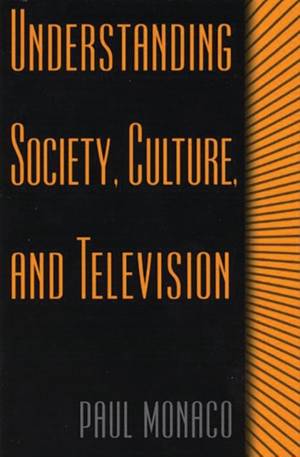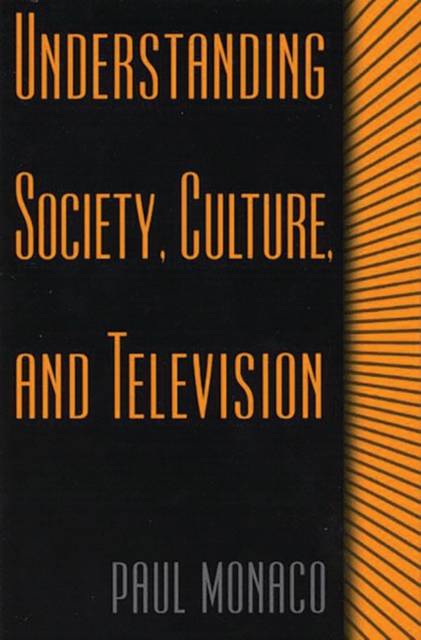
- Afhalen na 1 uur in een winkel met voorraad
- Gratis thuislevering in België vanaf € 30
- Ruim aanbod met 7 miljoen producten
- Afhalen na 1 uur in een winkel met voorraad
- Gratis thuislevering in België vanaf € 30
- Ruim aanbod met 7 miljoen producten
Zoeken
€ 76,45
+ 152 punten
Uitvoering
Omschrijving
What is the real nature of television, and what is its place in contemporary society and culture? In a provocative rethinking of the medium and its ensuing effects, this book argues that we have misunderstood television and have thus contributed to a distorted view of art and culture in the 20th century. During the final quarter of this century both in academic and popular circles, we have spread wildly exaggerated claims about television's undermining of human consciousness and behavior. Television has become a scapegoat for all sorts of societal and cultural ills. The arguments presented by many researchers on behalf of the ill-effects of TV are fundamentally weak and flawed. On the eve of the 21st century, the claimed distinctions between high art and popular culture have become a final, hopeless repository of pedantry. Television can be understood only by viewing it as an art form, and measuring its role in society and culture in concert with the first principles of human reason and liberty.
Specificaties
Betrokkenen
- Auteur(s):
- Uitgeverij:
Inhoud
- Aantal bladzijden:
- 152
- Taal:
- Engels
Eigenschappen
- Productcode (EAN):
- 9780275970956
- Verschijningsdatum:
- 30/09/2000
- Uitvoering:
- Paperback
- Formaat:
- Trade paperback (VS)
- Afmetingen:
- 140 mm x 216 mm
- Gewicht:
- 199 g

Alleen bij Standaard Boekhandel
+ 152 punten op je klantenkaart van Standaard Boekhandel
Beoordelingen
We publiceren alleen reviews die voldoen aan de voorwaarden voor reviews. Bekijk onze voorwaarden voor reviews.











